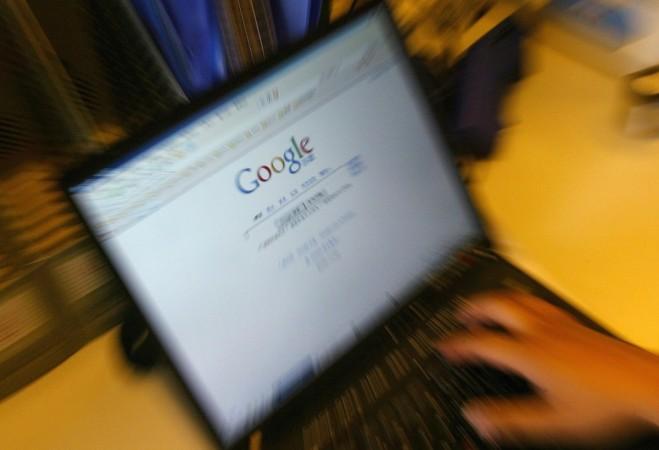
About 48 percent of parents across India feel that interacting with strangers online is the worst thing that can happen to their children, states an Intel Security report on the online behaviour of teenagers and pre-teens.
The report suggests that 81 percent of the children between the age of eight and 16 years are active on social media, with almost half of the children surveyed saying that they have met or are interested in meeting a person they first met online.
The survey revealed that 77 percent of the children create a Facebook account before they turn 13. Of the total respondents, 82 percent were concerned about maintaining the privacy of their personal information online.
"Due to the proliferation of connected devices like smartphones, tablets and laptops, an unprecedented level of personal data is now available online, expanding the risk canvas exponentially," Venkat Krishnapur, head of operations of India Development Centre at Intel Security, said in a press statement.
"With regards to kids using social media increasingly, I suppose there is no going back as social media is part of the age. What could be worrying is when children replace real life friends with virtual friends. This makes them more prone to spend time on their own and more prone to mental health problems. Unfortunately, with social sites like Facebook, it is the number of friends you have, likes you receive or don't receive which leads to feelings of rejection," a child psychiatrist with a leading hospital in London told International Business Times, India.
According to the findings of the report, 91 percent of the parents claim to have discussed the risks of social media with their children. However, about 17 percent of the parents say that 'interacting with strangers' is not one of the primary topics they discuss. About 71 percent of the respondents said that cyber criminals and identity theft were the topics primarily discussed, with 57 percent giving more importance to cyber bullying.
In Bangalore, 14 percent of the children active on social media claimed to have been the victim of cyber bullying, while 46 percent of the children said they have bullied people over social media. More than at third of the children said they bullied someone because they did not like the person.
According to parents in Bangalore, the most common social media platforms their children visit are Facebook, WhatsApp and YouTube.
Among the children surveyed, a quarter of the respondents said they were aware of other people's passwords and over a third said they had accessed these accounts without the knowledge of the people.
An interesting finding from Bangalore was that 85 percent of the children said they were interested in learning to programme or write code for new apps or websites.
"In analysing the responses of both parents and children, what is evident is that that there are a lot more open conversations and disclosures between them. The good news is while there are open conversations; work is required on ensuring that these go beyond casual chats. It is imperative to focus on ensuring children understand the consequences of their actions as well as agree on good Internet etiquette," Melanie Duca, APAC consumer marketing director at Intel Security, said in a press statement.








